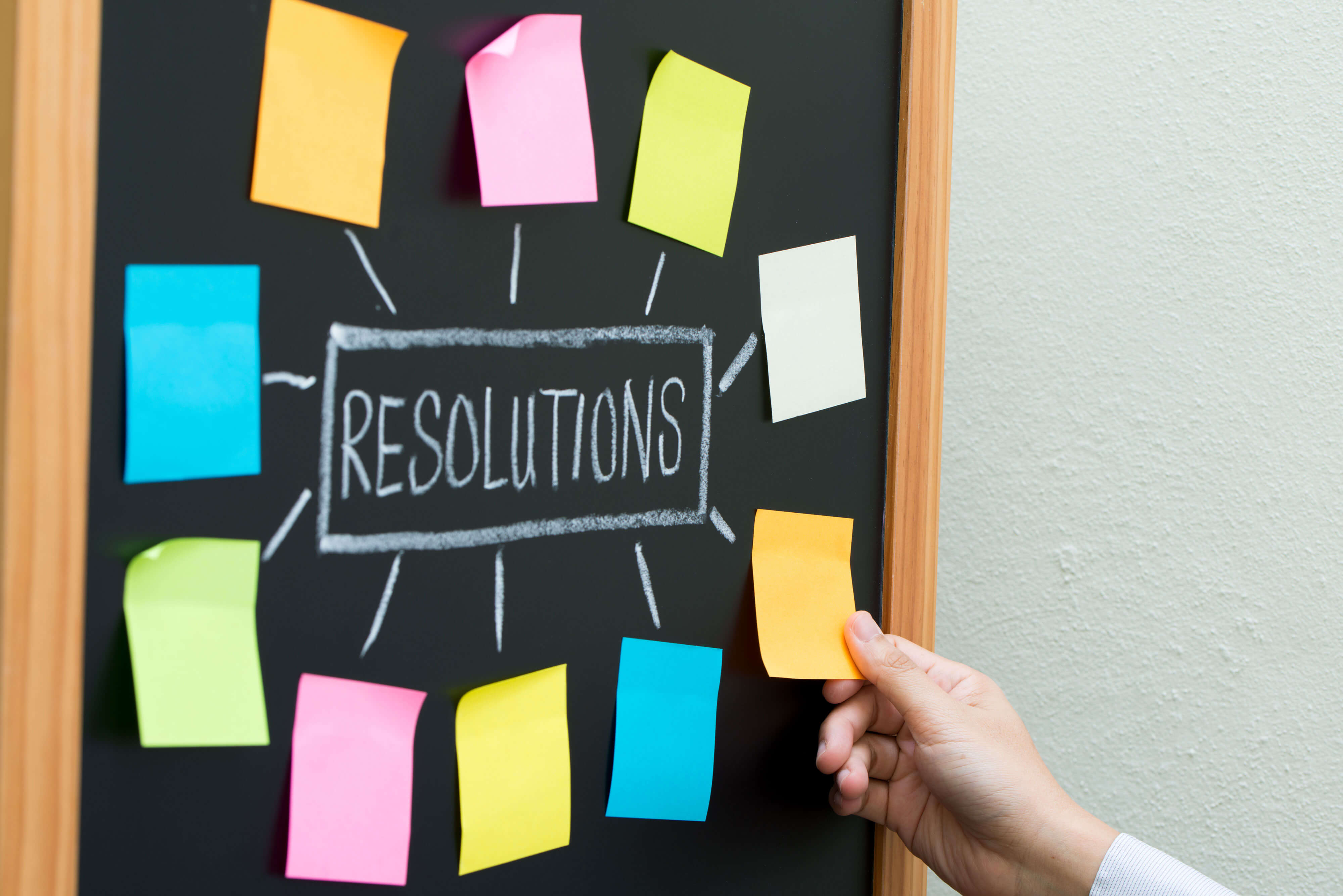The holidays are a time for resting, celebrating, and reflecting on the past year. But they can also be stressful for those dealing with difficult family situations. While every family is unique and has its own dynamic, we can still try to overcome our differences and find joy with each other. Take a look at some common sources of stress during the festive season and tips to help you manage them.
Plan where to celebrate
This may be a conflicting decision for many: you can’t decide which in-laws to visit, have family that’s far away, or have divorced parents who are uncomfortable celebrating together. Whatever your concern is, it’s a hard choice to make and can cause further conflict if not communicated well.
-
Plan an earlier celebration with one side of the family and commit to switching the following year or the next upcoming holiday.
-
Host a dinner at yours and ask everyone to bring something to the table, so that all the stress of cooking doesn’t fall on one person.
-
If your family lives too far away to meet up, host a virtual holiday party.
-
If seeing family is too difficult, spend it with your partner, children, or close friends instead, and make plans to see other relatives at a less conflicting time.
Keep expectations realistic
The holidays don't have to be perfect or the same every year. But sometimes, we set our expectations so high that it can leave us feeling deflated when things don’t work out exactly as planned. If that sounds familiar, it might be time to adjust some of these expectations, and instead, focus on enjoying the moment as it is.
The same goes for conflict. If you often experience some sort of conflict at family gatherings, you may begin to expect it. Use that to your advantage. Instead of being on the defensive, plan ahead and try to approach conflict with empathy.
-
As families change and grow, traditions and rituals typically change, too. Be open to creating new traditions, rather than attempting to hold on to those that no longer work or might be causing conflict.
-
Prepare and practice calm and collected responses to triggering comments or opinions. The idea is to use humour and positivity to shut down and brush off those unwanted comments, helping you to move past them and enjoy the holidays.
-
Partner up with someone you get along well with and who can also work as a buffer between you and challenging family members.
Minimize conflict fuelled by alcohol
Having a few celebratory drinks seems normal to many of us. But it’s important to remember that excessive consumption can make stress and conflict harder to manage, altering our perception of situations and distorting our usual filters and reactions. People may speak and act very differently, and this can fuel existing conflict further, becoming part of the problem.
This time of year can also be strenuous for those struggling or recovering from alcohol or substance use issues. Whether that’s you or someone in your family, it’s important to find the right support and be mindful.
-
Support those in your family that choose not to drink rather than making them feel like they’re missing out.
-
If you don’t want to drink, let your host know in advance, so they have some alcohol-free options available, or bring some along.
-
Enjoy yourself, but be mindful of how much alcohol you consume or provide when you know you will be around triggering or problematic relatives.
-
Set appropriate boundaries beforehand and practice saying no.
-
Try to avoid turning to alcohol as a way to reduce stress. If you know that you’re likely to find a specific event difficult, try to find some alternative ways to reduce stress, such as listening to a meditation on the way there.
-
If you’re hosting, avoid seating guests that are likely to argue next to each other and have some conversation starters ready, to try to guide the conversation in a positive direction.
Consider your role
It may be hard to accept, but sometimes we can also be a source of conflict within the family. None of us are perfect and things can be misinterpreted or taken out of context, especially when stress levels are high.
-
Try to accept family members and friends as they are, even if they frustrate you or don't live up to your expectations.
-
Try to diffuse conflict before it has a chance to spiral out of control. Set aside grievances for one night, agree to disagree, or plan a more appropriate time to have that tricky discussion.
-
Try to mitigate difficult encounters by removing yourself from the situation and offering to help out in the kitchen, with the children, or cleaning up.
Learn to manage loneliness
If for some reason you’re unable to see your family over the festive season, or you don’t have a family to celebrate with, this time of year can feel isolating. But you’re not alone, many people experience loneliness and hardship during these colder months.
-
Having a social event to look forward to can help with feelings of loneliness and improve your mental health, so make sure you still find ways to be social.
-
Spend quality time with friends, neighbours, or even at a volunteer centre, where you can do good by giving back and feel great doing so.
-
If you’re unwell or housebound, consider scheduling some catch-up calls or virtual chats with loved ones, if you feel up to it.
Make time for yourself
Yes, celebrate, indulge a little, but don’t completely abandon your healthy habits. It makes it that much harder to get back on track in January. It can also leave you feeling stressed and sluggish, which makes dealing with tricky relationships even harder. Instead, look for ways to balance celebrations and self-care, making sure to carve out some time just for you.
-
Take a moment to refocus on what the holidays mean to you: gratitude, generosity, sharing, rest, and love.
-
Make sure to keep moving. If dedicated exercise feels too forced, try to get out for a quick walk. Fresh air and daylight can also have a positive impact on your mood.
-
Take time out to pamper yourself. Take a bath, meditate, stretch, or just read – anything that helps you feel relaxed.
How Dialogue can help
When you understand your triggers and know how to cope with them, you can minimize negative emotions or avoid suppressing the problem. But if stress and anxiety creep up over the holidays, Dialogue’s team of mental health specialists is available 24/7 to help. They can provide you with a personalized care plan to help address your specific concerns and ensure you feel your best.
Learn how to manage a variety of stressors and stay mentally healthy, so you can feel better and be there for the ones you care about.
Sources





 Canada (EN)
Canada (EN)
 Global (EN)
Global (EN)








